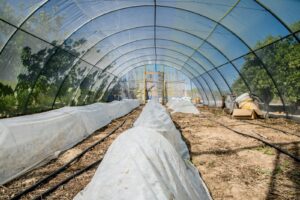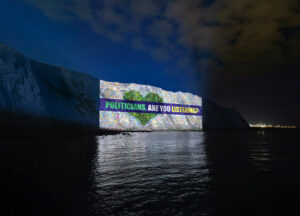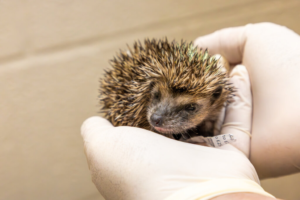Personal connections and communities are key to coping and adapting to the climate crisis, according to a new study published in the Journal Nature Climate Change.
An international team of researchers analysed how an island community of around 700 people in Papua New Guinea coped with the impact of rising sea levels and dwindling fish supplies.
The researchers examined the actions that households took to deal with the climate crisis.
The research revealed that connections with friends and family are key to helping communities adapt and cope with the devastating impact of climate change on their homes and livelihoods.
Co-author of the study, Professor Nick Graham, from Lancaster University, said: ‘Climate change and other human impacts rapidly degrade coral reef ecosystems and alters the composition of reef fish.
‘The adaptation of coastal communities is becoming essential. Our research highlights that interacting with and learning from the marine environment is one mechanism through which this adaptation can be achieved.’
Co-author Dr Lorien Jasny, from the University of Exeter, added: ‘It may be a situation of ‘like-attracts-like’ where households with particular mindsets are more socially connected to similar households.
‘Another explanation is that households were influencing each other’s actions. It’s likely a combination of the two.
‘The policies and programs seeking to reduce vulnerability to climate change often focus on building up material assets or creating infrastructure.
‘Our research emphasises a broader set of factors can play an important part in the actions communities end up taking.’
In related news, earlier this week the National Lottery Fund has announced today that more than £14m worth of grants will be allocated to local community groups to help tackle climate change in the UK.
These grants are the first of the National Lottery’s Climate Action Fund, a ten-year £100m fund which will be used to reduce the carbon footprint of communities and support community-led environmental movements.
Photo Credit – Pixabay
















